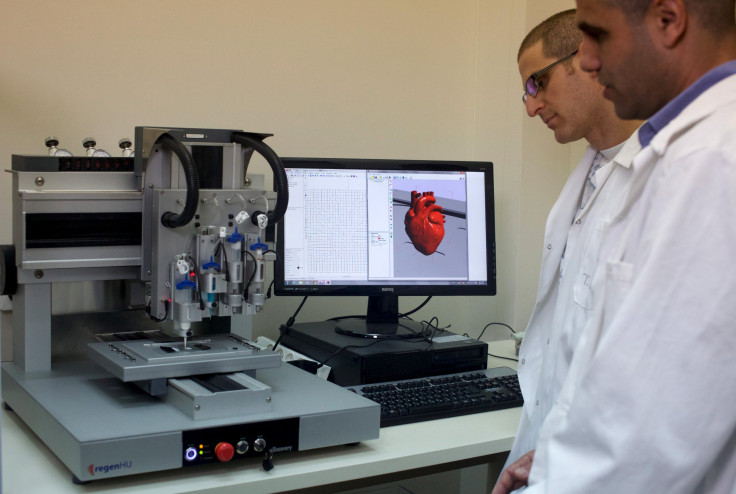Toddler with just one ear gets the other 3D-printed; Queensland research makes it possible

Researchers from the Queensland University of Technology (QUT) are about to make history by gifting a 3D-printed ear to toddler Maia Van Mulligan, who is one ear short. Her mother, Chloe Mulligan, believes that this research is going to change her daughter’s life for good.
Maia was born with just one ear, a condition known as Microtia or “little ear.” Currently, little Maia wears a headband that transmits sound to her brain via her skull. The headband uses her skull as a bone conductor.
Thanks to the world-first Queensland research, Maia may soon get a new ear and that would be a 3D-printed one. According to Sky News, QUT has received a donation of $125,000 in state government and non-profit funding for developing the ears that will mimic cartilage tissue. QUT Associate Professor, Mia Woodruff, believes that 3D-printed ears could be made available to public in two to three years and can be sold for less than a pair of glasses.
For the Maia project, state government has provided $45,000. A PhD researcher, Maureen Ross, has been hired for the project, writes Brisbane Times. The project falls under the government's Advance Queensland initiative. The QUT research team is working on a long-term project where they will create an ear that is anatomically correct using Maia’s own cartilage cells.
The ear will be surgically implanted and it would grow to create a “living, breathing ear construct.” The next step would be to work closely with bionics companies to improve Maia’s hearing.
“I thought it was light years away in terms of this technology. It's not just about the hearing loss, it is about being socially accepted in society. For us the day she comes to us and actually says, ‘Where's my ear’, it's obviously going to be heartbreaking. But now we can say, ‘You will have an ear,’” the toddler’s mother said.
Hear and Say charity has also contributed $25,000 to the ear research and QUT is working in partnership with the charity.
“It will be a world first, absolutely unheard of,” said Hear and Say executive director, Dimity Dornan.





















